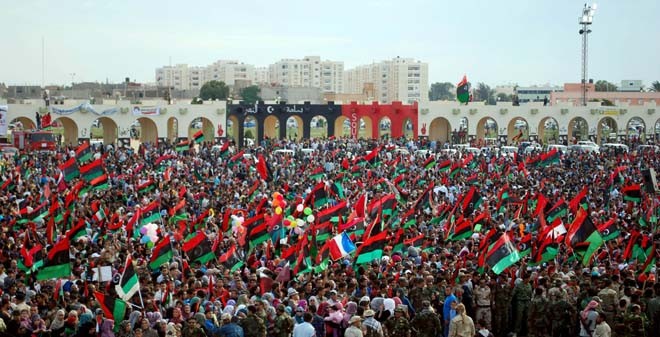

Nations need economic growth to offset and balance the effects of population increase and the change in age structures of its population. With nearly 50 per cent of Pakistan’s population below the age of 20, Pakistan is heading towards a window where, if right steps are taken, it can head towards success. Availing this window of opportunity is called demographic dividend and failure to exploit it is referred to as a demographic disaster.
As Pakistan’s population increases and age structures change, dependency ratios, i.e. number of people economically dependent on others, also changes. According to a study conducted by Pakistan’s Planning Commission in the year 2011, Pakistan’s dependency ratio will reach its lowest point by 2030. It means the number of people in the working group will far exceed the number of people dependent upon others for survival.
By that time, if the country is unable to provide suitable jobs for those people, unemployment will rise sharply, increasing poverty, crime and fuelling extremism. To avoid such a "disastrous" scenario, Pakistan needs not only a continuous growth in its economy but also to provide appropriate education, skills and economic opportunities to the youth so that the country could reap full benefit from the window of opportunity offered by its demographic structure.
Cognisant of this need, one would commend the initiative taken by the government to launch Rs100 billion "Youth Business Loan Scheme," aimed at empowering the youth economically by granting them loans for launching their own business enterprises. With focus on utilising the talents of the youth and alleviating poverty, the scheme would provide the youth adequate economic opportunities by granting them business loans, ranging from Rs100,000 to Rs2.0 million.
Speaking at the launching ceremony of the Youth Business Scheme in Hyderabad on January 3, 2014, Prime Minister Nawaz Sharif stated that disbursements under this scheme would be made on merit and in a transparent manner. The violators of merit would be dealt with strictly.
Unable to meet strict conditions, the youth could not get credit from the banks till recently. If one of them was impelled to obtain loan, he/she had to obtain it from money lenders at exorbitantly high rates of interest. This mode of credit deprived the borrowers of a major chunk of their income. Under this scheme, the conditions for the grant of loans have been considerably eased. A grade 15 or above officer, or even a blood relative and family member having net worth of 1.5 times the loan, can give the guarantee for loan under this scheme.
However, to ensure that the borrowed money is strictly used for business purposes, the temptation to use it for meeting the consumption needs of the borrower or his family should be suppressed through a strong system of monitoring or social pressure. Some countries have successfully used a system of social pressure to avoid such an outcome or to forestall the possibility of loan default. During a visit to the Thai Bank for Agriculture and Agricultural Cooperatives (BAAC) in Bangkok, in 1988, the scribe learnt that the BAAC’s bad debts were negligible because it was following a system of granting loan against collateral or a system of social guarantee. In other words, BAAC provided credit services to farmers on both a group security and individual security basis. Under group security system, credit was extended to such farmers who did not possess assets to be put forward as collateral. Under this system, the bank required each borrower to join an informal client group of at least five farmers, with members jointly and individually liable under any loan contract entered into by the group.
According to bank officials, the group security system obliterated the chances of bad debts as the group pressure forced the farmer to repay his loans. However, farmers who were relatively better off and able to mortgage their immovable assets could obtain loans without becoming member of a joint liability group. Furthermore, the BAAC extended loans to Thai farmers through its branches and field officers and also indirectly through agricultural cooperatives and farmers’ associations.
To ensure productive use of loans, the authorities need to set up centres for imparting skills to the youth, and also put in place a system of counselling and guidance to enable the youth to establish their business enterprises and market their products profitably. The services of Pakistan’s missions abroad should be utilised for obtaining input on products in great demand in various regions of the world and also ascertaining the likes and dislikes of the population there.
The emphasis should remain on the utilisation of local raw material and value addition to it. Agricultural countries, like Pakistan, could even market their horticultural products in green as well as dried form, after handling them as per international standards. They could also prepare beautiful handicrafts, utilising their produce and its waste.
During a visit to the Philippines, the scribe happened to visit a one-room workplace in a village where artisans were busy making handicrafts and various items of daily use from tropical material, like bamboo, palms and vines. The owner of the factory proudly said she was annually earning over half-a-million dollars through exports of baskets, table lamps, mats and shell products to the US and European countries. To reach that level, we need to prepare and market products in keeping with the tastes, trends and standards in various countries.